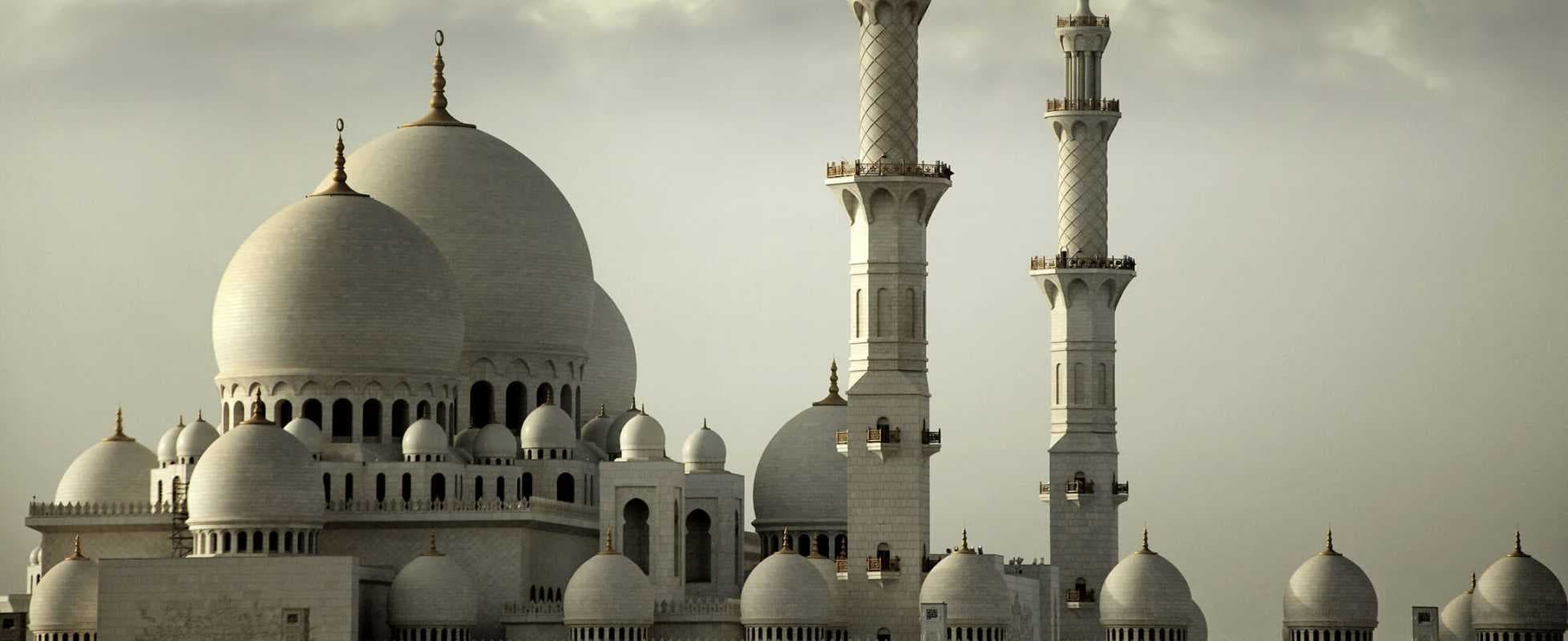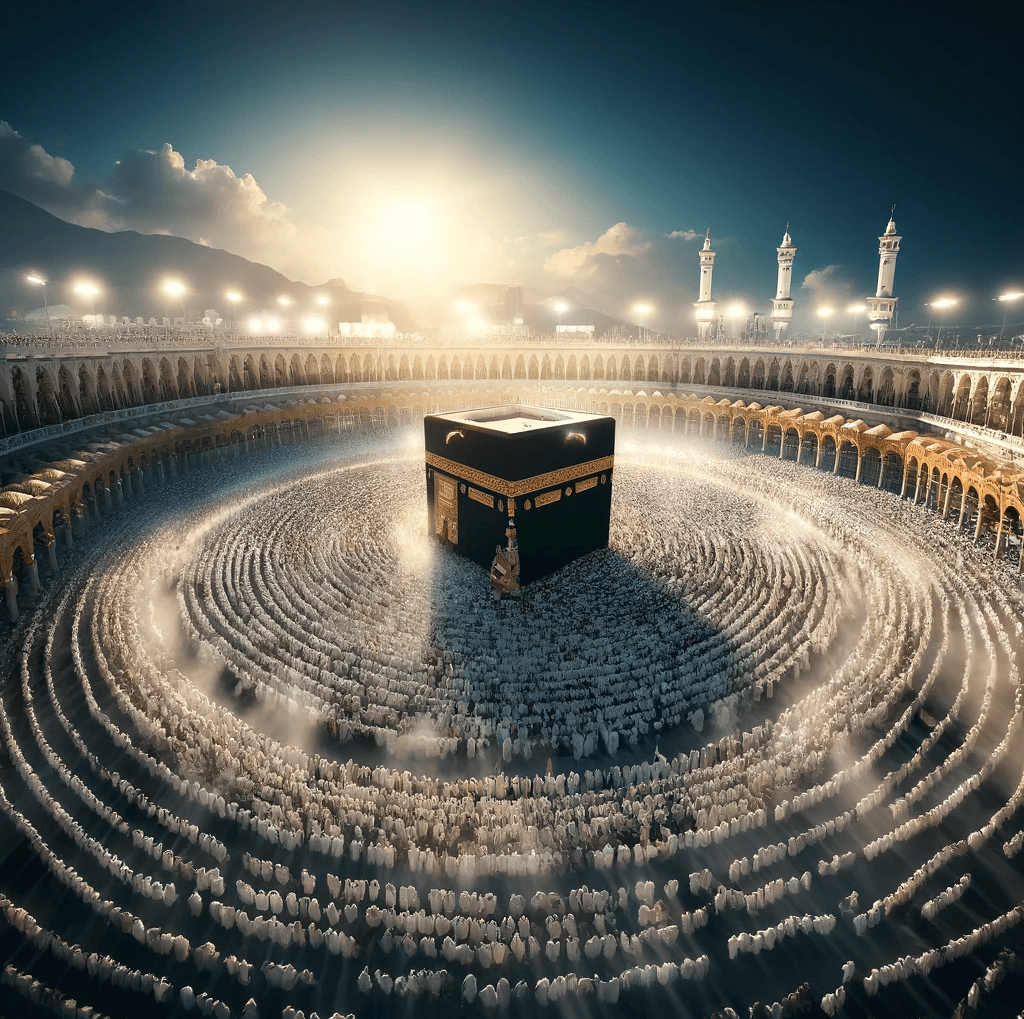

09 June 2024
Virtues of the first 10 days of Dhul Hijjah
The first ten days of Dhul-Hijjah hold great significance in Islam, being among the most blessed days of the year. These days are marked by acts of worship, remembrance...
89
4

Please leave a like and share on

Start your journey today
قال رسول الله صلی اللّه علیه وسلم
من تفقه في دين الله عز وجل كفاه الله تعالى ما أهمه وَرَزَقَهُ مِنْ حَيْثُ لَا يَحْتَسِبُ
"Whoever acquires knowledge in the religion of God Almighty, God Almighty will suffice him for what matters to him and provide for him from where he does not expect."
( رواه الحافظ أبو نعيم في مسند الإمام أبي حنيفة)
Courses & Academic Programs